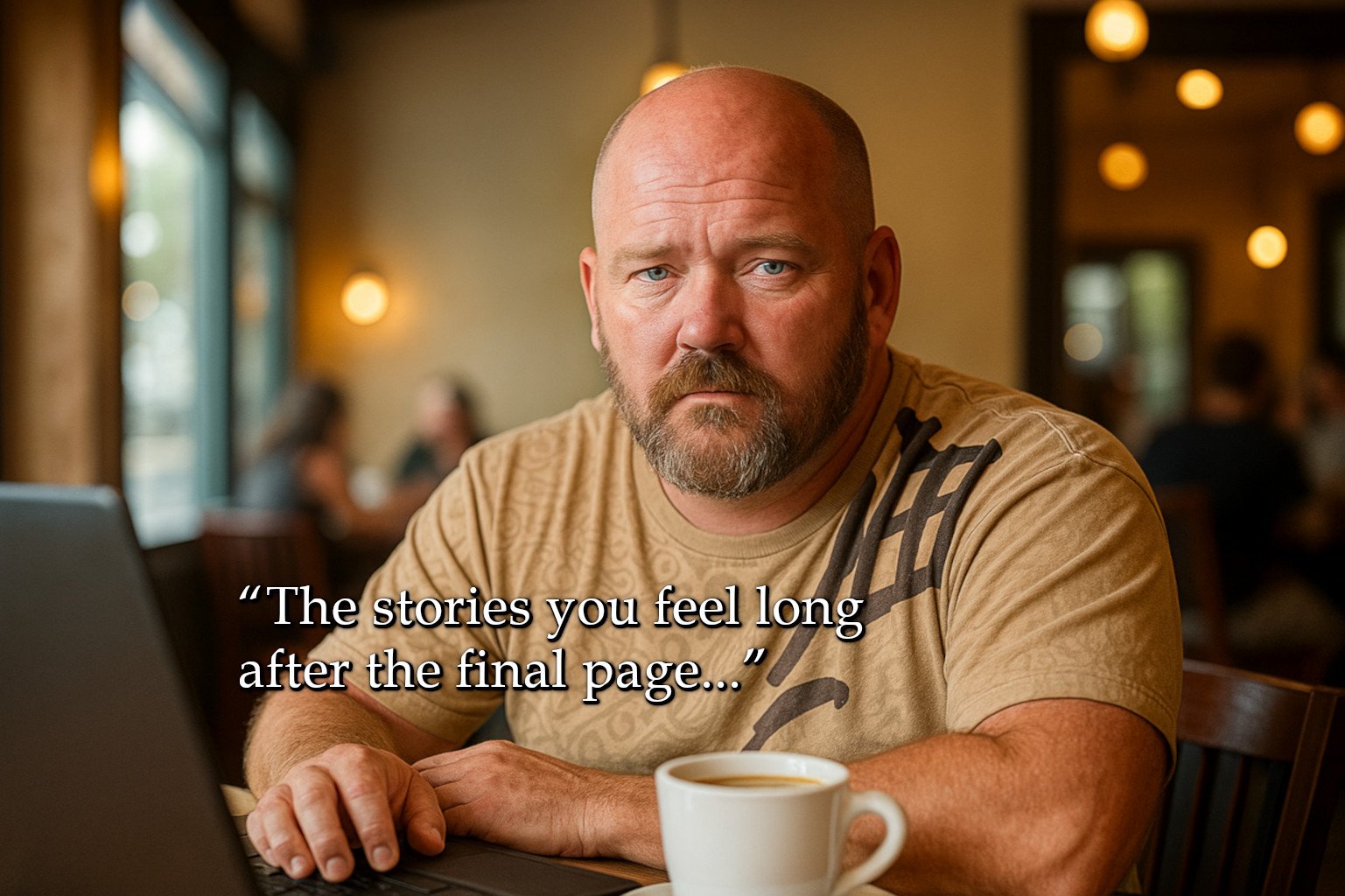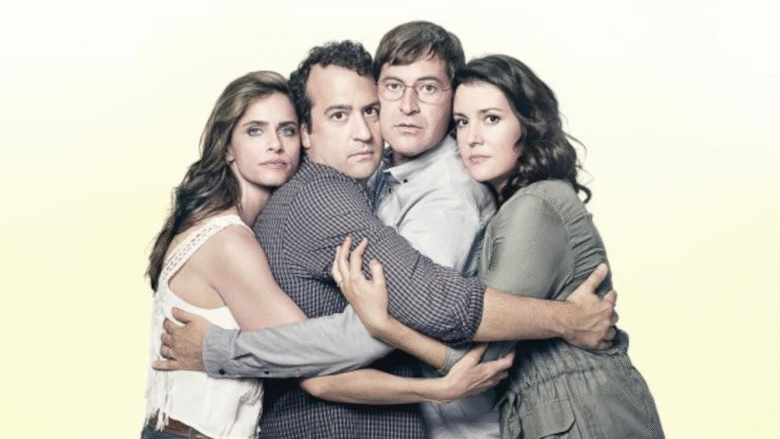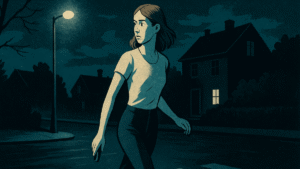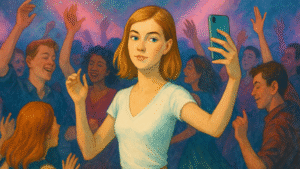If you’ve just finished watching HBO’s Togetherness, released in 2015, you might be feeling that oddly bittersweet ache familiar to fans of short-lived but brilliant television. The show, created by Jay and Mark Duplass alongside Steve Zissis, starred Mark Duplass, Melanie Lynskey, Amanda Peet, and Zissis himself. It followed the complicated lives of two couples living under one roof in Los Angeles, exploring friendship, marriage, identity, and the quiet desperation of adulthood, all with a thread of subtle humor and realism that made it feel like life itself. So, why was Togetherness cancelled?
That’s right, just as it really started to hit its stride, it ended. Two seasons. Sixteen episodes. That was it.
So why do shows like Togetherness, thoughtful, intimate, and emotionally intelligent, end so soon?
Why Was Togetherness Cancelled?
Let’s get the blunt truth out of the way. Why was Togetherness canceled? Because not enough people watched it. Despite glowing reviews and a loyal fanbase, HBO pulled the plug in 2016 due to low viewership. At the time, HBO was pivoting toward high-concept, big-budget series that generated social media buzz and kept audiences hooked in binge cycles. The slow-burn, character-driven vibe of Togetherness simply didn’t align with the network’s evolving strategy.
Mark Duplass himself responded with humble honesty. In interviews, he expressed both disappointment and gratitude, disappointment that the story had to stop, but gratitude that they were given the creative freedom to tell a heartfelt, unflashy story for two full seasons. There was no scandal, no behind-the-scenes drama. Just the cold calculus of the entertainment industry.
The Tragedy of Quiet Brilliance
Shows like Togetherness don’t often go viral. They don’t rely on cliffhangers, shock twists, or pop-culture cameos. Their beauty lies in nuance, a glance between characters that says more than a monologue, an awkward silence that feels too real, a moment of connection that might go unnoticed by a casual viewer but feels seismic to someone paying attention.
And because of that, because they ask you to feel instead of react, they don’t always find large audiences. They require patience. They’re not built for headline-grabbing moments. They’re built to reflect real life, which is messy, quiet, and hard to market.
That’s the paradox. The very thing that makes these stories beautiful also makes them vulnerable. I feel like I became friends with them. They have their ups and downs, and they go up against villains. But they struggled through, and I was right there with them. So, why the hell? Why was Togetherness cancelled? Why is everything I like cancelled?
The Duplass Legacy Lives On
Fortunately, Togetherness wasn’t the end of the Duplass Brothers’ storytelling journey. If you’re mourning the show’s early exit, there’s a wide library of similarly tender, human-centered work to explore. Here are just a few places to start:
- Room 104 (HBO): An anthology series created by the Duplass Brothers, each episode taking place in a single motel room. The genres range from horror to comedy to quiet drama, but all keep the emotional depth and creative spirit you’d expect.
- Paddleton (Netflix): A profoundly moving film starring Mark Duplass and Ray Romano, exploring an unlikely friendship and terminal illness with the same mix of awkward humor and gut-punch emotion.
- Blue Jay (Netflix): A black-and-white indie film starring Mark Duplass and Sarah Paulson that feels like a slow dance between nostalgia and heartbreak.
- Somebody Somewhere (HBO): While not created by the Duplass Brothers, they executive produced this gentle dramedy about belonging, grief, and chosen family. If Togetherness hit you in the feelings, this one will, too.
- The Puffy Chair, Baghead, and other early mumblecore films: These lo-fi indie movies helped define the Duplass style, which is talky, personal, and emotionally raw.
A Quiet Masterpiece
In the end, maybe Togetherness didn’t need five seasons to be meaningful. Maybe part of its legacy is that it wasn’t stretched out or diluted. It came, it hit hard, and it left behind a perfectly imperfect snapshot of adult life in flux.
Still, it’s hard not to wish for more. When characters feel this real, you don’t want to let them go.
But if Togetherness taught us anything, it’s that life is full of brief but beautiful connections, and even the ones that don’t last forever can change us for good.
If you’d like to keep reading, Vengeance: A Love Story Hits Harder Than You’d Expect is another great movie to watch.





